A Guide to Hiring Dedicated Developers: Top Tips, and Best Practices
Gone are the days when acquiring the resources for your software project was a strenuous task. With the pandemic acting as a catalyst, the trend of remote work has rapidly gained momentum, making it effortless for businesses to tap into a vast talent pool of dedicated developers from around the world. This is reflected in a Statista Report that showcases the outsourced software development market expected to skyrocket to a whopping US$587.30bn by 2027. Curious to know more?
Here is the vital course of action that will help you to hire dedicated developers for your next project.
10 Tips for Hiring Dedicated Developers for Your Project
1. Define Your Project Goals and Requirements
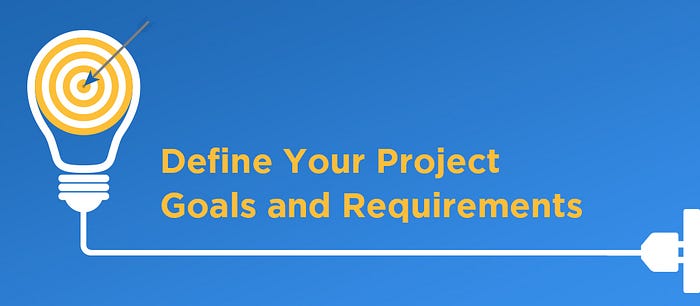
Before you start looking for dedicated developers to hire, it’s essential to have a clear understanding of your project goals and requirements. This involves several key steps, such as identifying the key features and functionalities required for your project. By doing so, you can communicate your project requirements clearly to the developers and ensure that they have a clear understanding of what you want to achieve.
In addition, it’s important to determine a realistic timeline for your project and communicate it to the developers. This will help them plan their work accordingly and ensure that the project is completed on time.
Another important factor to consider is your project’s technology stack. You need to determine the specific programming languages, frameworks, and tools required for your project. This will help you find developers who have the necessary skills and experience in the specific technology stack required for your project.
Also, you must set a budget for your project and communicate it to the developers. This will help you find developers who can work within your budget and provide cost-effective solutions. It’s crucial to strike a balance between your budget and the quality of work you expect from the developers.
Pro Tip:
Set SMART goals — Make sure your goals are Specific, Measurable, Attainable, Relevant, and Time-bound.
This will help you create clear and achievable goals for your team.
2. Look for Developers with Relevant Skills and Experience
Assessing a developer’s technical knowledge and problem-solving skills is crucial when hiring dedicated developers. You can do this by asking them to complete coding challenges or technical assessments tailored to your project requirements. Additionally, obtaining references from previous clients or employers can provide insights into their work ethics and ability to meet deadlines. Look for developers with a history of tackling complex problems. Finding developers with the right skills may take time and effort but is worth it to avoid project delays and subpar quality. Thoroughly evaluating candidates ensures successful project outcomes and long-term savings.
Pro Tip:
Consider working with a dedicated developer agency. These agencies have a pool of pre-screened developers with diverse skill sets, making it easier for you to find the right developer for your project.
Detailed blog here:
10 Must-Know Tips for Hiring Dedicated Developers
3. Check for Their Availability and Commitment
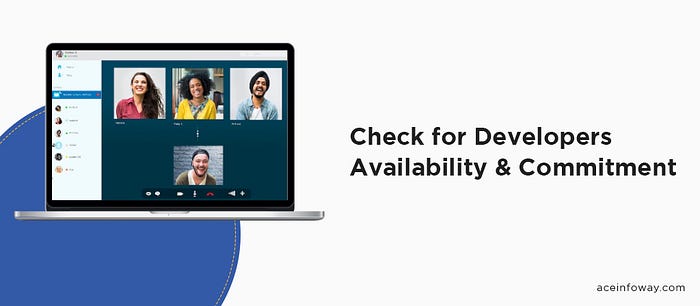
To ensure the quality and timely completion of your project, it’s crucial to hire developers who can fully dedicate themselves to your project. Assess their availability and workload to ensure they have enough time and resources. Discuss specific project deadlines and gauge their commitment to being available throughout the project. Prompt and responsive communication is a sign of a dedicated developer, so pay attention to their response time and follow-up. Slow or inconsistent communication may indicate a lack of commitment or potential issues with timely communication during the project.
4. Verify Their Professionalism and Work Ethic

When hiring dedicated developers, it’s important to ensure that they are professional and have a strong work ethic. Look for developers who are punctual, reliable, and take pride in their work. Additionally, consider their willingness to go above and beyond to deliver high-quality work and meet project deadlines.
It’s also worth noting that a professional developer will be transparent about any issues or roadblocks they encounter during the project and will work with you to find solutions. They should be open to feedback and willing to make changes to meet your project’s requirements.
5. Assess Their Communication and Collaboration Skills
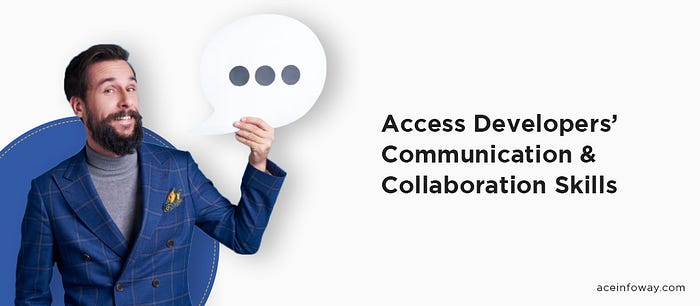
Developers who can communicate effectively with team members and stakeholders can help ensure that your project runs smoothly. And a way to assess a developer’s communication skills is to conduct an interview and ask open-ended questions about their experience working in teams and collaborating with stakeholders.
A developer who listens actively, responds promptly, and takes feedback constructively is more likely to be an effective communicator and collaborator. It’s important to establish clear communication channels and expectations from the outset of the project, to ensure that everyone is on the same page and working towards the same goals.
Pro Tip:
Slack is commonly used as a communication channel among developers. It is advisable to look into if your developer is comfortable using such communication tools.
While interviewing, pay attention to how they respond to your emails or calls, how they listen to your requirements, and how they ask questions to clarify their understanding. This can give you insights into their communication skills and whether they will be able to communicate effectively with your team and stakeholders.
6. Evaluate Their Technical Knowledge and Problem-Solving Skills

Look for developers with experience in the specific programming languages, frameworks, and tools needed for your project. Assess their proficiency through coding challenges or relevant technical assessments to evaluate their coding skills, problem-solving abilities, and understanding of project concepts. It’s important to prioritize problem-solving skills and their ability to tackle complex issues and find innovative solutions. Additionally, consider candidates who stay updated with the latest technologies and can offer valuable suggestions to improve your project and bring added value to your team.
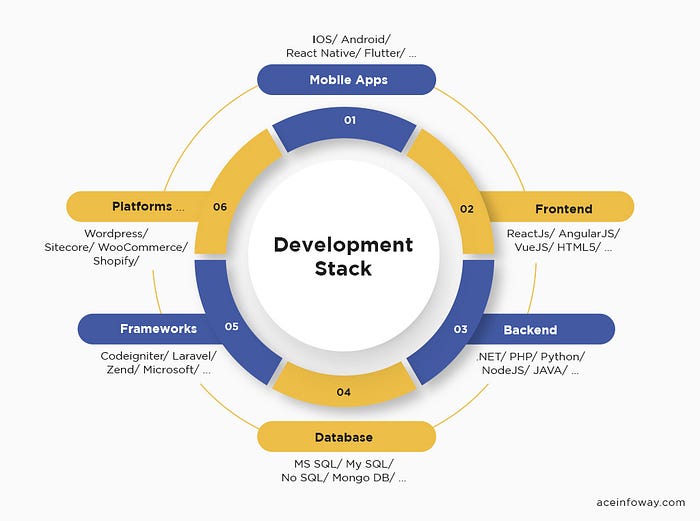
7. Check for Their Cultural Fit and Adaptability
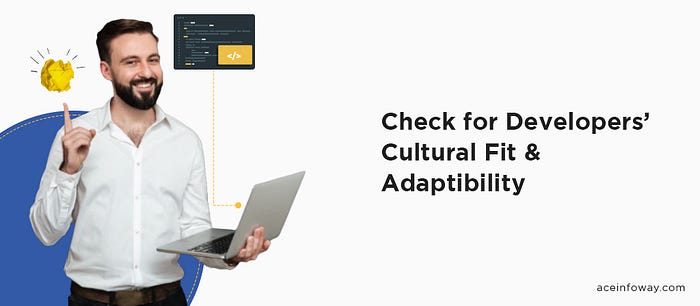
In today’s globalized world, it’s crucial to hire offshore developers who can work well in diverse teams and with people from different cultures. If they are in a different time zone, establish clear communication channels and be flexible with working hours. Ensure they are comfortable with remote work and have the necessary equipment and software. Cultural fit is important, so consider their experience with distributed teams and effective communication across cultures.
8. Evaluate Their Portfolio and Client Feedback
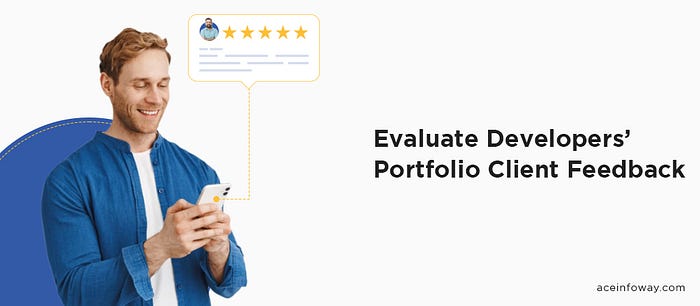
Popular tools like HackerRank, Codility, and CodeSignal offer coding challenges and assessments to evaluate a developer’s skills. Platforms like GitHub and Stack Overflow allow developers to showcase their work and demonstrate technical knowledge. Evaluating a developer’s portfolio and client feedback provides valuable insights into their skills, experience, and client satisfaction. However, it’s important to consider factors beyond these tools, such as communication skills, cultural fit, and work ethic, when making a hiring decision.
9. Consider Their Pricing and Contract Terms

When hiring a dedicated developer, you can choose between hourly rates, fixed pricing, or a retainer model. Hourly rates offer flexibility but can be expensive if the project extends. Fixed pricing provides predictability but may lack flexibility. Retainers are good for ongoing support but may not suit one-off projects. Review the contract terms, including payment schedule and responsibilities, and consider legal advice if needed.
10. Test Their Skills and Compatibility with a Trial Project

Setting up a trial project is a good way to test a dedicated developer’s skills and compatibility. Choose a task relevant to the project and evaluate their technical skills, problem-solving abilities, and communication with your team. Provide necessary resources and establish a timeline. Evaluate their performance after the trial project to determine if they are a good fit for the full project. Address any issues or concerns before making a final hiring decision.
End Note
Hiring a dedicated developer is a partnership, and it’s essential to invest time and effort in finding the right one. By doing so, you can build a long-term relationship that will benefit your business for years to come. The tips discussed here will increase your chances of finding a dedicated developer and help you build high-quality software solutions that meet your business objectives.
Ace Infoway has highly skilled and experienced developers with thorough knowledge of a variety of technologies. Discover how our services can help your business soar to new heights! Get in touch with us today to explore the possibilities.
